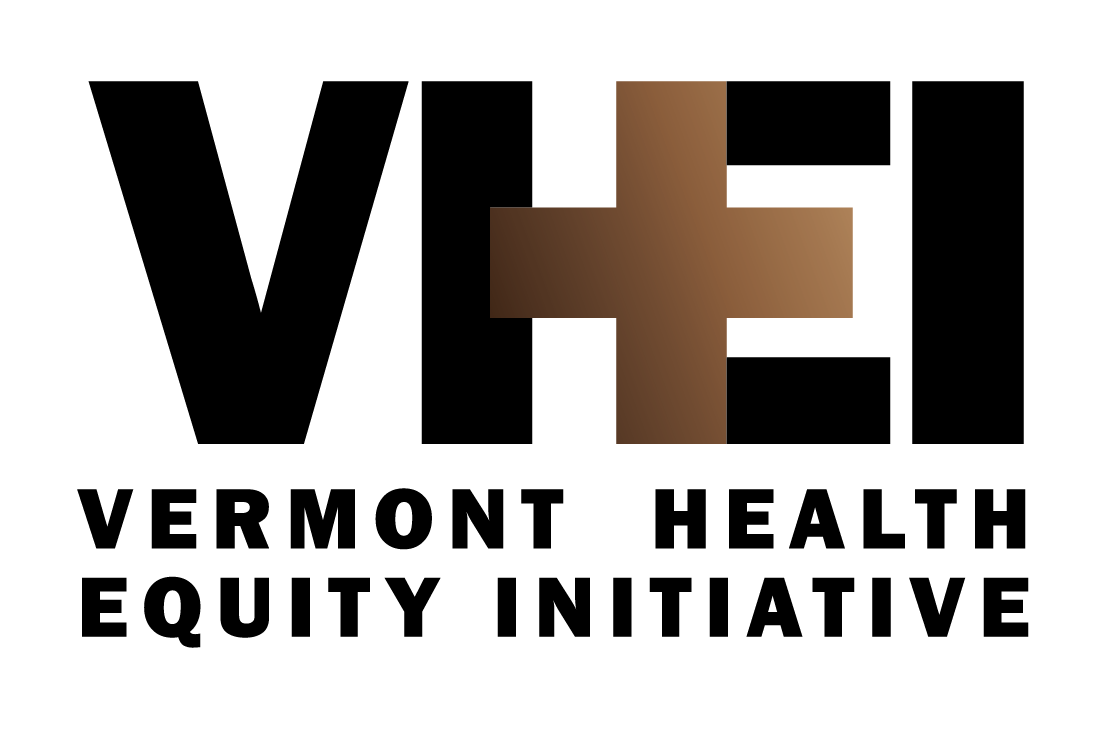Flood Resilience & Equitable Recovery in Vermont: Mobility, Housing, and Community Connection
Source: Water Resources Institute at UVM (October 22, 2024)
Significance: Dr. Dana Rowangould, an Assistant Professor in the Department of Civil and Environmental Engineering at the University of Vermont, conducted a survey in which Vermonters affected by the July 2023 floods were asked questions on the impact of flood, short-term and long-term needs, and barriers to accessing aid. The goal of this research project was to build flood resilience by understanding the factors that contribute to short and long-term recovery as well as understanding the impact of floods on relocation and displacement.
Description: A total of 221 individuals participated in the survey. The demographic breakdown of respondents included 11% people of color (POC), 61% female, and 11% who had been unhoused prior to the flood. The survey identified key short-term and long-term needs, including repairs, cash assistance, help with filling out applications, and mental health care. It was found that neighbors, friends, and family were the primary sources of support during both the short and long term, while federal agencies were the least trusted. In addition to quantitative questions, respondents were asked qualitative questions about barriers to accessing aid. The unhoused population was also surveyed about the specific challenges they faced. Identified barriers included information gaps (lack of knowledge about flood risks, available aid, and how to access it), the time required for repairs, and a complicated application process. Preliminary recommendations include providing early evacuation and warnings to individuals living near rivers, ensuring parking availability near resource centers for car-dwellers, creating a centralized aid application system with clear guidance, and implementing an “opt-out” rather than “opt-in” approach to aid programs.
